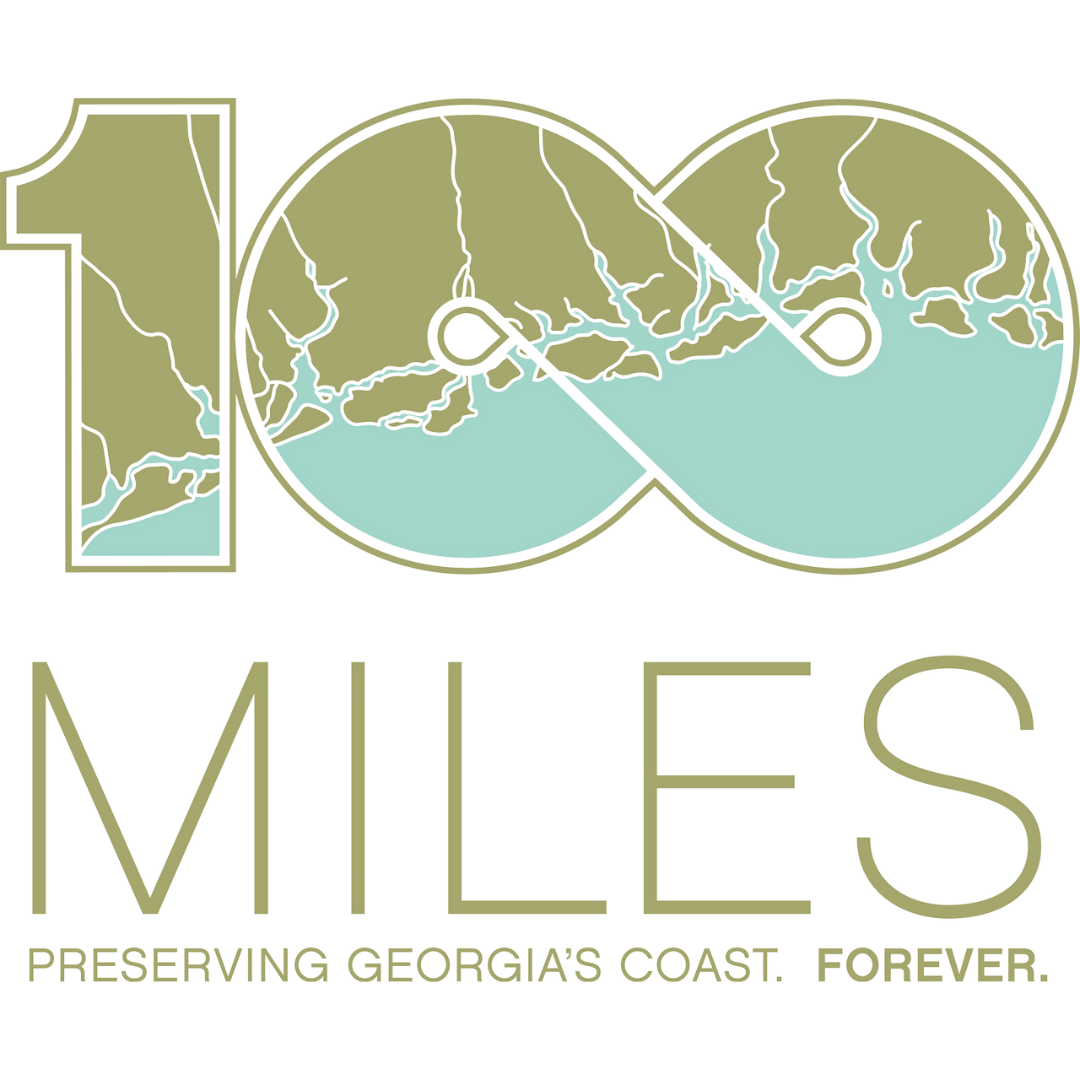
Coastal Advocacy
Make a Difference in Savannah, Brunswick, and Beyond
Images courtesy of the NOAA Office of Ocean Exploration and Research, Windows to the Deep 2019.
Blake Plateau
Approximately 80-100 miles off the Georgia coast lies the largest known deep-water coral reef on Earth, in a part of the Atlantic Ocean known as Blake Plateau. The continuous 200-mile-long dense coral highway dubbed “Million Mounds” supports a trove of biodiversity.
In the area above Blake Plateau, the Florida and Antilles Currents merge to form the great Gulf Stream, bringing an abundance of nutrients and food to support an unparalleled ecosystem. Supported by bacteria that use chemical energy instead of light to make food, numerous rare fish and invertebrates make the deep sea their home.
Scientists estimate that it took 260 thousand years for this seascape to form. Deep-sea ecosystems grow very slowly and are incredibly vulnerable to disruptions. As industries look farther offshore for fishing, fossil fuel development, and mineral extraction, ensuring the continuation of this vital ecological community will require dedicated attention and increased conservation measures. Sign our petition today to advocate for permanent protections within the Blake Plateau!
Golden Isles Resilience
Among Georgia’s coastal communities, climate change is especially threatening Glynn County. Residents in the Brunswick area are experiencing increased flooding, heat, and strong storms. This community is already overburdened by numerous human-related stresses including toxic pollution and increased development. The challenges presented by climate change disproportionately impact people of color and low-wealth households.
As part of the newly formed Golden Isles Coastal Resiliency Network (GICRN), Georgia Interfaith Power & Light is partnering with Glynn Environmental Coalition, A Better Glynn, and The Nature Conservancy to assist the area in putting together a vision for climate resiliency and plan to pursue it. This is intended to be a collaborative effort, elevating community voices as equal partners in climate change planning and implementation.
Right Whales
North Atlantic Right Whales are critically endangered, with fewer than 340 remaining, including just 70 reproductive females. Vessel strikes and entanglements in fishing gear are driving their rapid decline. Each winter, pregnant females migrate to Georgia and North Florida coasts to give birth, making these waters critical for their survival.
A right whale calf born in the Southeast faces a 1 in 14 chance of being struck by a boat before its first birthday. The National Oceanic and Atmospheric Administration (NOAA) recently withdrew a proposed rule to reduce vessel speeds for boats 35 feet or longer during calving season (Nov. 15–April 15), leaving only existing speed limits for vessels 65 feet or longer in place. This science-based rule could have prevented 90% of vessel strike risks but faced opposition from the boating industry, prioritizing profits over protection.
While new technologies such as tagging, acoustic monitoring, and GIS-based alert systems show promise, they are not yet widely available or fully effective. Slowing vessel speeds remains the most effective solution to prevent collisions and protect these whales.
You can help by urging legislators to support stricter speed limits, funding for ropeless fishing gear, and investments in protective technologies. Coastal residents can also download the Whale Alert app to report sightings. This citizen science tool contributes vital data to prevent vessel strikes and protect both whales and mariners.








